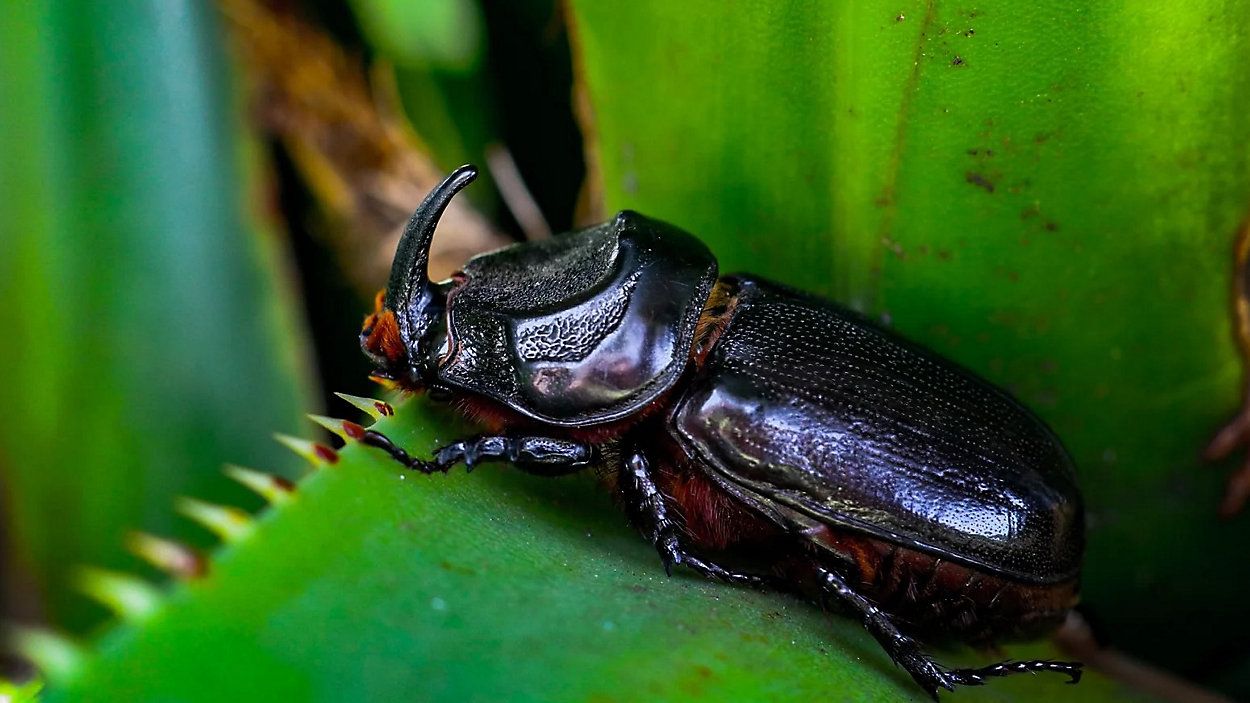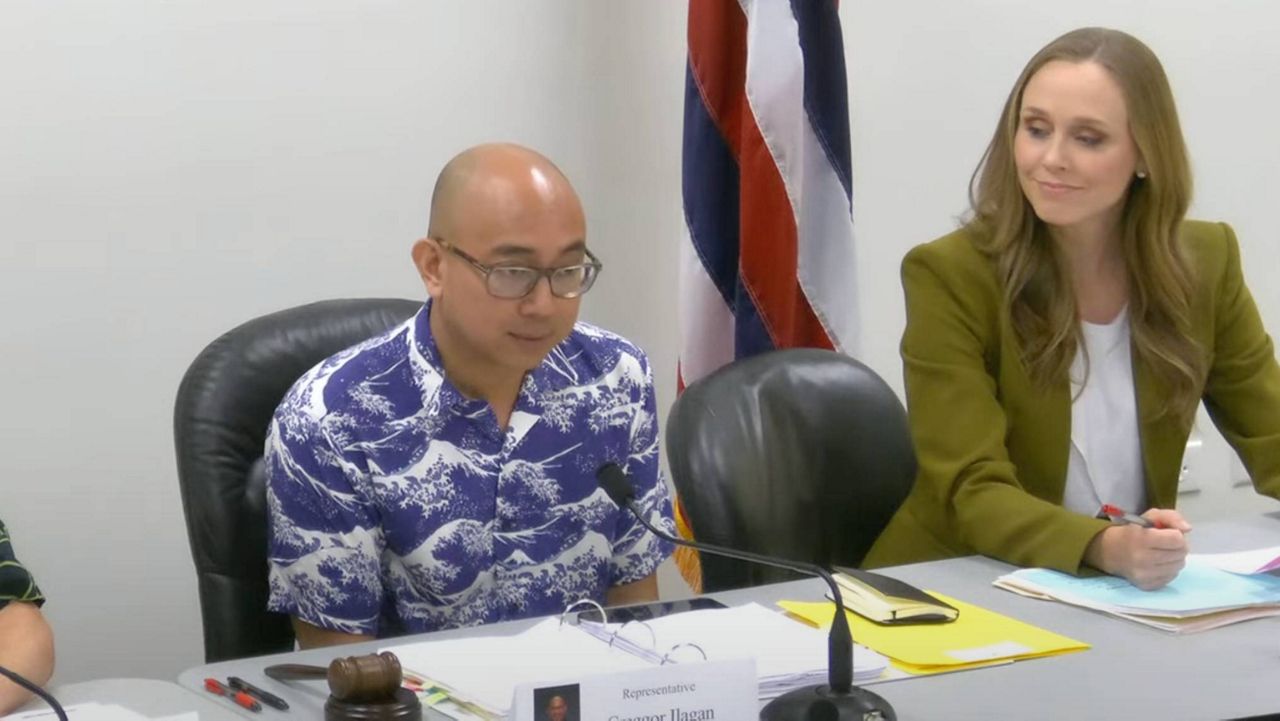HONOLULU — A quartet of measures aimed at combatting invasive species and other threats to local crops cleared the state Senate Committee on Ways and Means last week.
“The State has ambitious goals to increase the amount of food we produce locally and to diversify the economy through value-added agricultural products,” said Donovan Dela Cruz, chair of the Committee on Ways and Means. “However, if we do not take the necessary steps to protect farms against invasive species, we will lose that opportunity forever.”
Committee members were motivated to act by face-to-face meetings with farmers struggling to shield their crops from invasive species like little fire ants and coconut rhinoceros beetles. The committee’s outreach efforts included a three-day trip to Hawaii Island last November that included visits to local farms.
Senate Bill 572, Senate Draft 2, would give the Department of Agriculture the power to declare a biosecurity emergency and implement new requirements for the importation of agricultural commodities (as well as penalties for non-compliance).
The bill would further authorize DOA to subpoena necessary documentation from agricultural commodity importers relating to a known or suspected infestation of pests and quarantine any farm, facility or business that is infested with pests.
The measure was unanimously supported in public testimony submitted to the committee.
“We are aware that there are many pressing issues that need funding, but invasive species directly affects food production and natural resource conservation,” Hawaii Cattlemen’s Council managing director Nicole Galase testified. “For example, Hawaii Island is responsible for 80% of the state’s cattle production, so an outbreak of two-lined spittlebug will be devastating not only to cattle ranchers but to our endeavor for food security.
“We support the investment in invasive species preventative measures and efforts to implement requirements for importers and follow up with fines,” she continued. “This effort will help the economy and the health of the land in the long run and curb added expenses for agricultural entities to address invasive species after they arrive and spread.”
SB 3365, SD 2, would require DOA to certify treatments performed on wood chips, compost and filter socks, which can transport invasive species into the state. The bill also places restrictions on the distribution or transportation of plant care components without prior treatment certification from the department.
SB 2362, SD 1, would appropriate funds to the University of Hawaii to address threats to the already-declining ornamental ginger industry. Specifically, funding would go toward research into ornamental ginger pathogens, prevention of the spread of ornamental ginger pathogens and production and distribution of pathogen-free ornamental ginger plants.
SB 2419, SD1, takes a preventative approach by proposing funding for DOA to develop and implement projects for clean plant material, treatments of agricultural products and pest management. Testifying in support of the measure, Dawn Chang, chair of the Board of Land and Natural Resources noted that expanding global trade and travel have only heightened the risk of new pest incursions, a threat that underscores the need for DOA needs to be properly funded.
“For too long, the Hawaii Department of Agriculture has been underfunded and understaffed to carry out the immensity of their authority,” Chang testified. “They are the state department that is mandated to implement Hawaii’s biosecurity program. They play an important role in inspecting cargo and passengers at all ports of entry for the importation of potentially harmful pests and regulate the importation and possession of nondomestic animals and microorganisms. Their authority protects Hawaii’s agricultural industries, natural resources and the publics from the entry and establishment of detrimental plants, animals, insects, weeds, plant diseases and other pests.
“Senate Bill 2419 is a much-needed boost to the Hawaii Department of Agriculture that will allow the department to increase their capacity and operations to meet the growing needs and challenges Hawaii faces with managing new pathways like e-commerce, which still managing the conventional ones like shipping, planes and people,” she said.
Michael Tsai covers local and state politics for Spectrum News Hawaii. He can be reached at michael.tsai@charter.com.









